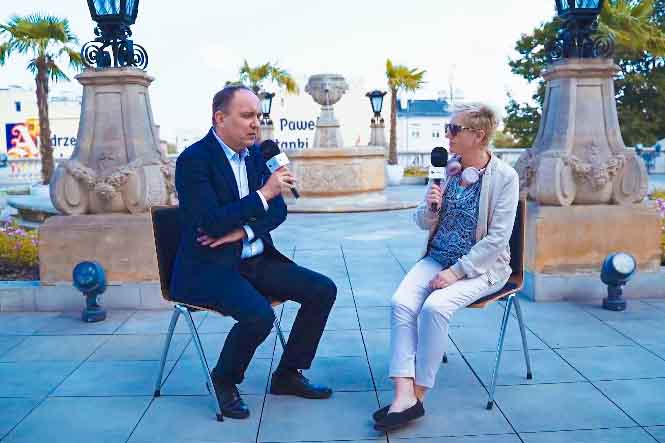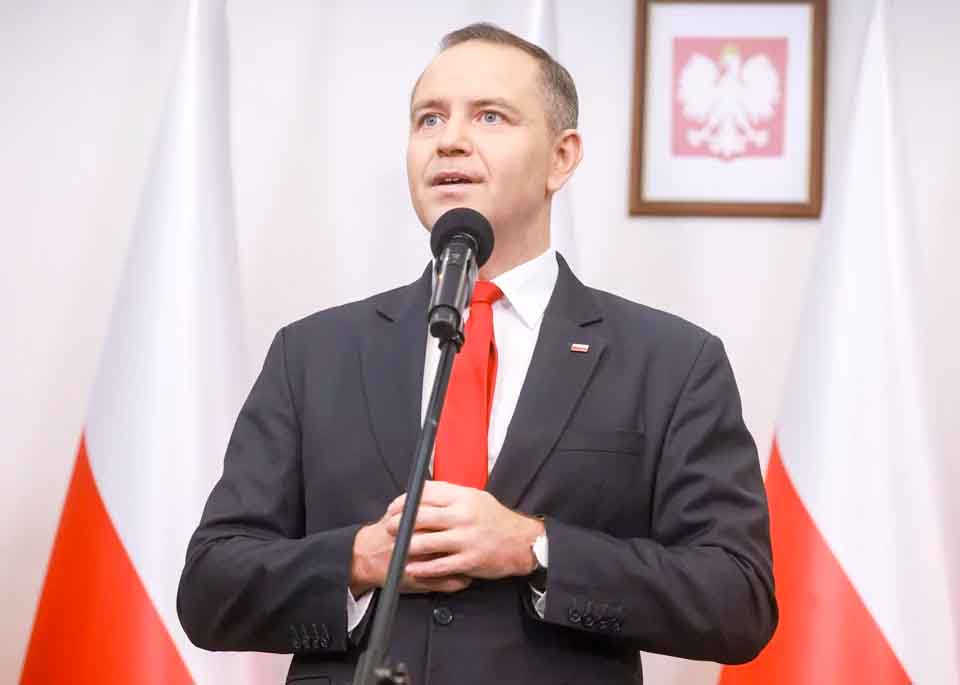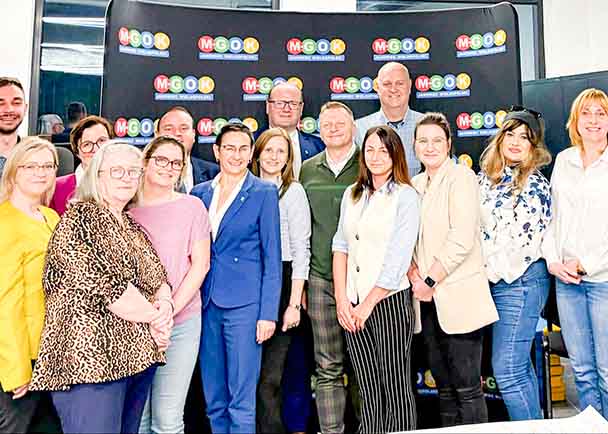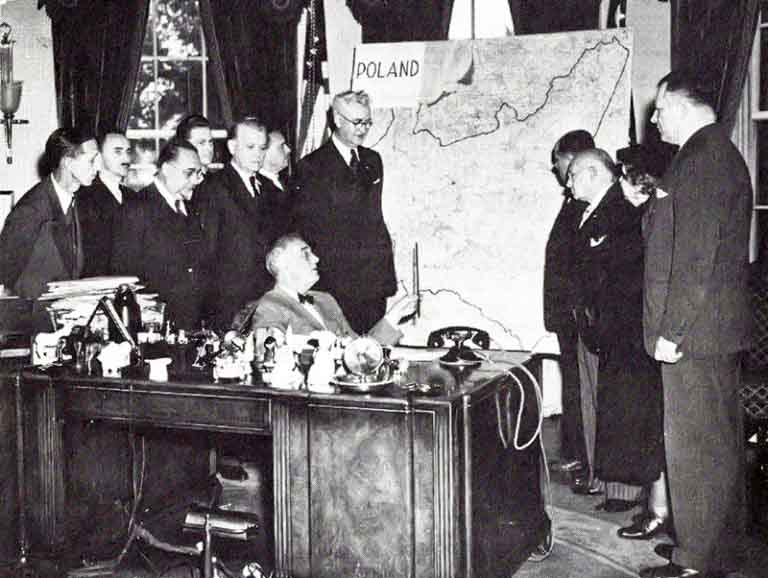In a survey of nearly 1,800 Polish Americans, the Piast Institute sought to create a basic profile of the Polish American community, including their demographics, income levels, and political views. Despite the fact that there are nearly 9 million Americans who identify as Polish today, little is known about our community by the general American public. We were interested in finding out how Americans, particularly young Americans, perceive us.
Many cultural heritage organizations across the United States have resorted to accepting older adults as their primary audience due to historically low attendance from young adults. Polish organizations are no different. That is why MPMS conducted a survey of undergraduate and graduate students enrolled in Arts Administration programs across the country. Although survey participation was limited, it provided some insight into what young Americans know about Polish people.
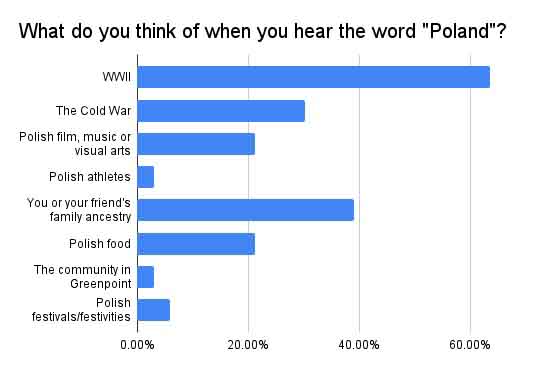
Results of a survey among Polish-Americans. (Source: pamsm.org)
When asked what came to mind when they hear the word “Poland”, 60% of respondents selected World War II, and nearly a third chose the Cold War. Fill-in-the blank responses centered around cuisine and personal associations, whether via friends or family members.
More strikingly, we found that young Americans are unfamiliar with contemporary famous Poles. Over 62% were unable to name a single famous Polish person. The remaining participants were most familiar with individuals who have long been deceased, such as Marie Curie and Frédéric Chopin.
From these results, we can gather that what little information is disseminated about Poles in the United States is restricted to the past. Younger generations cannot possibly feel obligated to keep alive a culture that is seemingly dead. As the number of new Polish immigrants to the United States wanes, so do fresh perspectives of the Polish community. It is imperative that we find new ways to form meaningful connections with Millennials and Generation Z in order for these organizations to thrive in the decades to come.
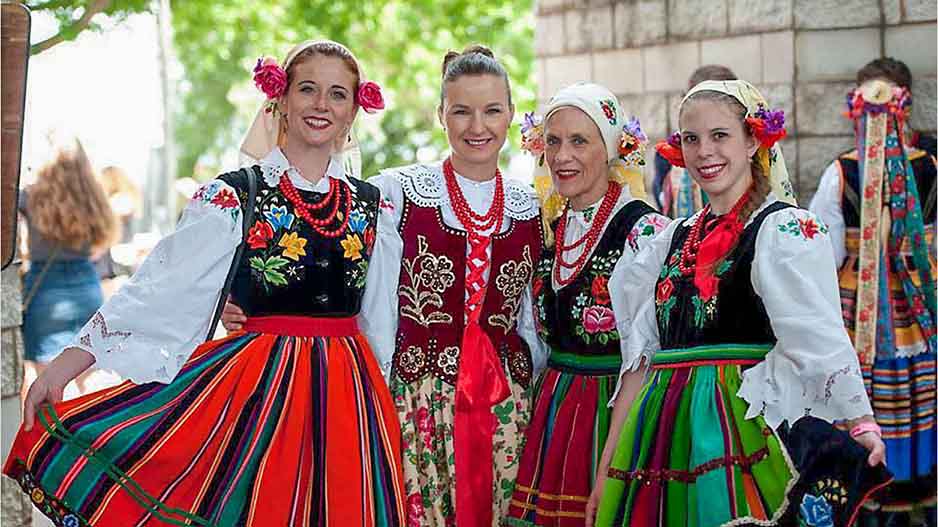
Polish Fest (Source: visitmilwaukee.org)
Editorial note: This publication is an excerpt of Patricia Stachowicz’s master’s thesis for the Arts Administration program at Baruch College, City University of New York. Cited figures are part of academic and personal field research conducted for the professional consultancy that informed this paper.
From MPMS President:
We are excited to share the findings of the innovative survey conducted in 2021 by Patricia Stachowicz. This initiative was spearheaded by a young second-generation Polish-American who worked as a consultant for our organization. Although the sample size was small, the results are highly informative and offer valuable insights into how the younger generation of the US general population perceives the Polish-American community.








